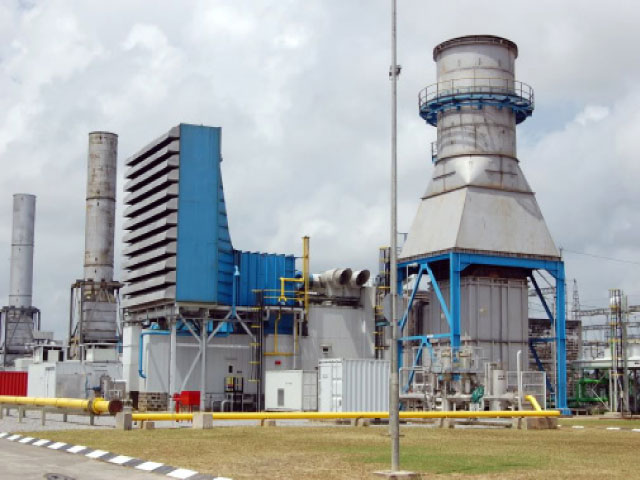Nigerian officials reaffirmed their government’s plans to sell 10 power stations, describing the move as part of an effort to guarantee effective and sustainable power supply for the people of Nigeria.
Addressing a select audience in New York City, the officials hailed the privatization as an opportunity for international investors to be a part of an economic revolution comparable to that of the telecommunications sector in Nigeria.
James Abiodun Olutu, managing director and CEO of Niger Delta Power Holding Co., said 80 percent of shares in the 10 power plants are to be sold to investors. The Nigerian government will retain a 20 percent stake in the plants, partly as testimony to potential investors of its confidence in the plants.
Olutu said the new investment provides an opportunity for growth at a time when demand is far outstripping current supply.
The power stations, which were built by Niger Delta Power Holding Co., are located in Abia State (450 megawats), Edo State (451MW), Cross River State (562MW), Imo State (338MW), Bayelsa State (225MW), Kogi State (434MW), Delta State (451MW), Ogun State (676MW), Rivers State (225MW) and Ondo State (451MW).
The plants came into being under the National Integrated Power Project, a plan set up in 2004 by then President Olusegun Obasanjo as a fast-track government-funded initiative to stabilize Nigeria’s electricity supply system and curtail shortages. Niger Power Delta was directed to build the plants to generate 5,000MW by the end of 2013, with a view toward divesting these assets.
Minister of Power Chinedu Nebo said the New York event was the last stage of the international investment drive for the divestment of government stakes in the generation assets of the NDPHC.
“Privatization of all public generation and distribution companies is one of the pillars of the efforts of the Federal Government of Nigeria to reform the power sector,” the minister told attendees at the New York investor relations event at the Sofitel Hotel on June 25. “The recent privatization of the Power Holding Company of Nigeria successor electricity distribution and generation companies is a testament to the commitment of the [government] to the reform process.”
With blackouts a daily occurrence as demand almost doubles supply, Nigeria in February sold as much as 60 percent stakes in 10 electricity distributors and five power generators that were part of the former state monopoly. Buyers included Siemens AG, Korea Electric Power Corp., and Transnational Corp. of Nigeria Plc., according to official reports.
Gbenga Obadara, chairman of Nigeria’s Senate Committee on Privatization, said investors – estimates are at least 30 – have already expressed interest in the 10 gas-fired power plants. He said 53 percent of the plants currently is owned by states and the local governments, while the federal government owns the remaining 47 percent.
“We will provide security for your investment in Nigeria and we are giving enough assurance of opportunities to investors in the country,” Obadara added.
The determination to ensure sale of the power plants has led to a series of policy reforms and incentives, including a tax holiday and exemptions, pioneer status, repatriation of profits, research and development, as well as low value-added tax.
Panelists at the New York event gave assurances that the process of sales would be transparent and open and would support the people of Nigeria.













